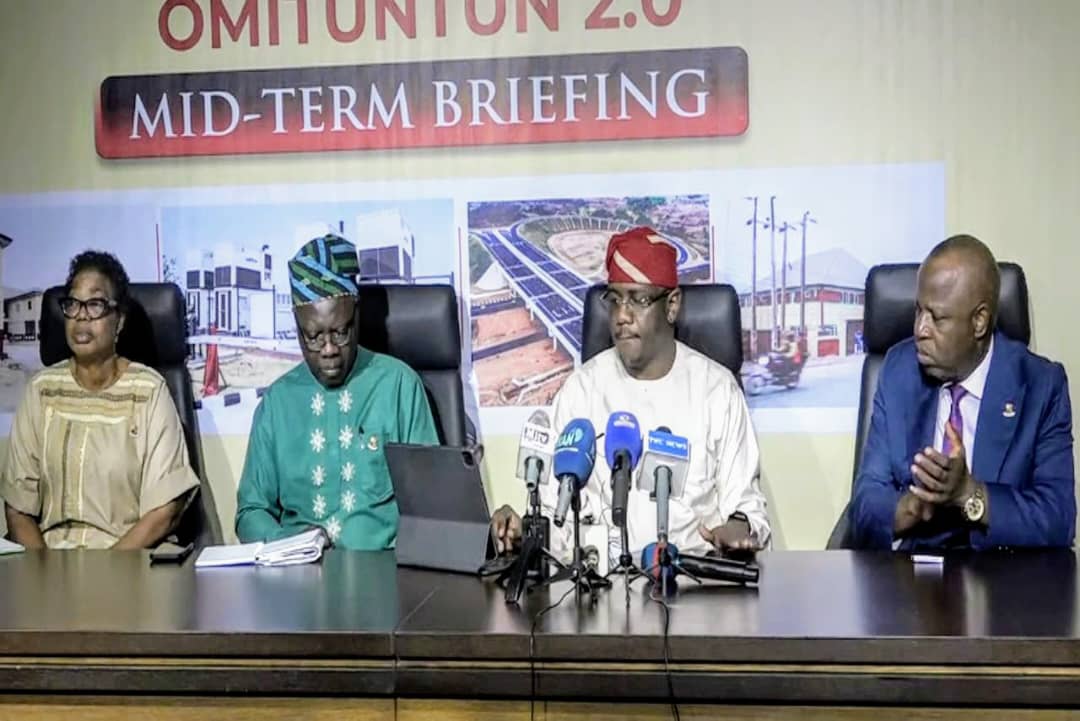As part of efforts geared towards redefining environmental governance, the Oyo State Government is steadily positioning itself as a national voice in climate action, ecological sustainability, and green job creation.
Speaking during the Omituntun 2.0 Inter-Ministerial Briefing at the Governor’s Office, Commissioner for Environment and Natural Resources, Barrister Seun Ashamu, said the Ministry is no longer operating under the narrow lens of refuse collection, but has evolved into a strategic force driving climate resilience, environmental reform, and sustainable infrastructure in the state.
“The mandate of the Ministry goes far beyond waste. We are laying the foundation for a cleaner, healthier, and more climate-resilient future through institutional reforms and strategic investments.”
Under the leadership of Governor ‘Seyi Makinde, environmental governance has been elevated as a core pillar of development in Oyo.
Westernmirror.com.ng reports that from climate adaptation strategies to flood prevention, afforestation, and sustainable waste systems, the state has started to chart a progressive and practical course toward environmental transformation.
Highlighting some key milestones, Ashamu disclosed that the state has planted about 30,000 trees across 111 hectares of forest reserves in the last six years, alongside the development of indigenous tree plots and medicinal herbariums with species like Moringa oleifera, Irvingia gabonensis, and Chrysophyllum albidum.
He noted that the government has desilted 153 kilometres of blocked drains and dredged 18 flood-prone streams. About 30 kilometres of rivers have also been channelised to mitigate flood risk.
“Ibadan now operates a pioneering early warning system for flooding; an initiative unique to any sub-national in the whole of West Africa which gives a 72-hour advance alert to residents,” Ashamu revealed.
Waste management according to the Commissioner, has undergone a quiet revolution under the Makinde administration. Ashamu said the government has implemented a zonal cluster system in Ibadan, dividing waste collection into 11 distinct zones, each served by licensed private sector operators.
Currently, over 190 PSPs (Private Sector Participants) and 14 waste consultants operate under this model, supported by robust enforcement and stakeholder sensitisation.
“We have prosecuted over 750 illegal waste dumpers and shut down 20 unlicensed waste operators. Markets and communities have been sensitised, and we’ve cleared 73 public schools of environmental hazards to promote learning.”
Looking ahead, Ashamu said the Ministry’s priorities will align closely with Sustainable Development Goals 11 (sustainable cities), 13 (climate action), and 15 (life on land).
He added that the roadmap includes expanding urban greening, improving flood defenses, developing a state climate policy, and formalising recycling systems.
“We’re developing an Environmental, Social, and Governance (ESG) framework to embed sustainability in everything—from roads to education to public health,” Ashamu stated.

